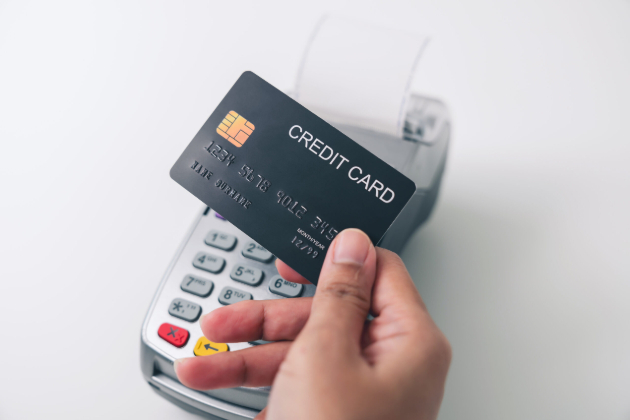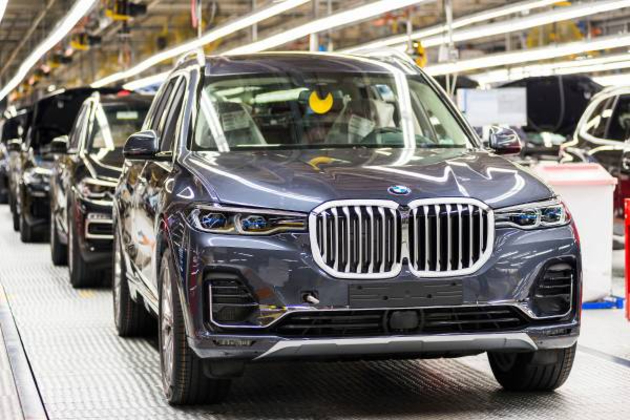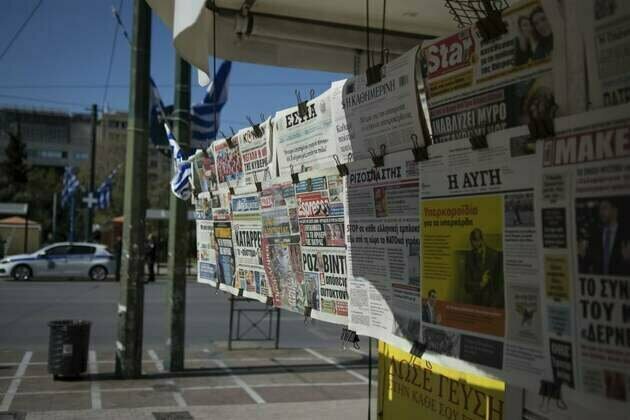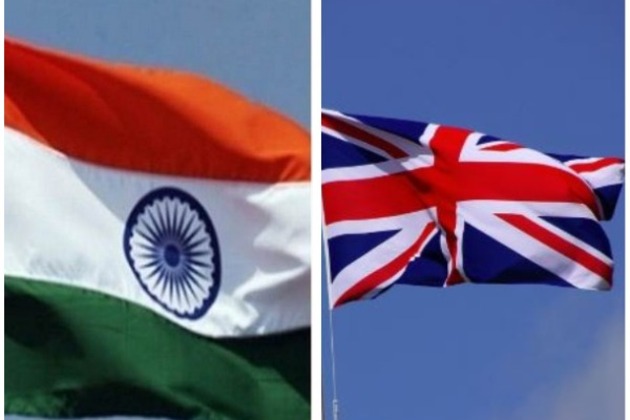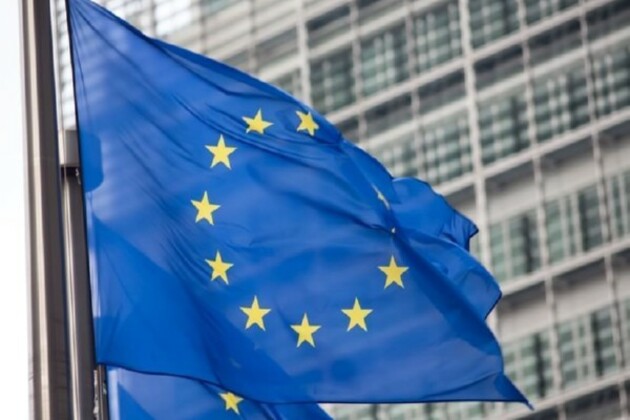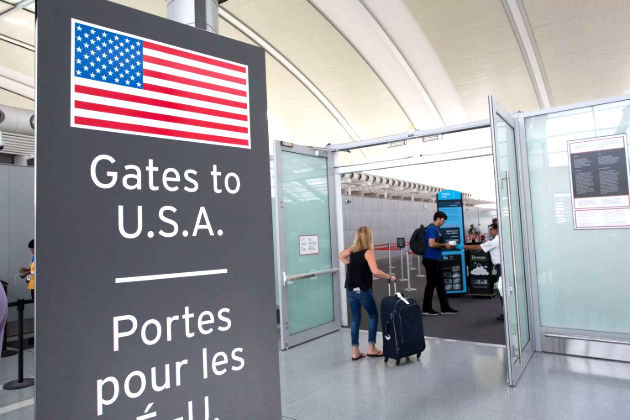Could the euro replace the dollar as global reserve currency? It's not getting any less likely
The Conversation
14 May 2025, 08:29 GMT+10
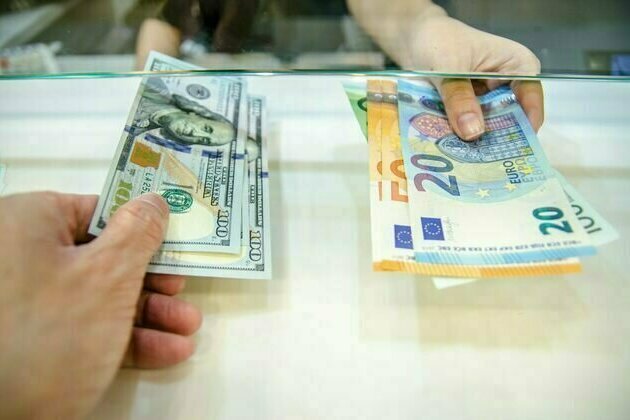
A global reserve currency is one that is extensively held by foreign Central Banks. Since the 1944 Bretton Woods agreement this position has been occupied by the US dollar and it still holds true - according to IMF data from late 2024, the dollar represented 54% of global official reserves, while the euro came in a distant second at 19%.
The concept of money was historically underwritten by valuable assets. This is no longer the case, as today we use fiat money: essentially paper with a stamp from a legal authority.
However, nothing precludes people from using other commodities as currency. One well-known example occurred during the Second World War, when cigarettes were widely used as money in prison camps.
Money is therefore any asset that can be used as a store of value, a medium of exchange and measure of count, but its value depends primarily on how much we trust that others will respect it. If I, for instance, handed over a signed piece of paper instead of money to pay for a coffee, the barista would not be very happy with it. Were I Tom Cruise, however, my autograph would be worth far more than a cup of coffee.
In both cases the object is just a piece of paper with markings on it, but one is worth infinitely more than the other.
The same goes for national currency, as the official stamp on a banknote does not guarantee that a piece of paper will be used in transactions. This is why money loses its value in countries with runaway inflation - why would you exchange a cup of coffee for piece of paper that says "100 pesos", if tomorrow the same piece of paper can only purchase the sugar packet on the side?
The US dollar is different. Anyone holding a dollar knows that it will be accepted in most countries in the world, either to pay for goods directly or in exchange for the domestic currency in secondary markets. Moreover, since the dollar is so widely used and accepted, many people - investors and ordinary folk alike - prefer to keep their money in dollars. However, this will only continue for as long as people perceive the dollar to be the safest option.
The main advantage of having the global reserve currency is that investors see your currency, and by extension your country, as safe, which leads them to also see your government debt as safe. This means that the borrowing costs of your government decline, allowing you to spend more and support a larger stock of debt than other countries.
By its nature, the global reserve currency also increases in value. This creates a feedback loop - people want US dollars, regardless of their intention to buy US goods, and this increases the value of the dollar, making people want more of them, and so on. It means that foreign goods and services (like tourism to Europe) are also cheaper for US citizens, but the counterweight is that US exports become more expensive for everyone else.
In the 1960s, French Minister of Finance Valery Giscard d'Estaing famously coined the term "exorbitant privilege" to describe this imbalance.
Read more: EU consumers don't trust US goods: a look into Trump's trade deficit claims
Widespread change is no mean feat. To take a commonplace example, just look down at your keyboard. Almost every English speaker uses a keyboard starting with QWERTY, even though this jumble of letters came about by accident. Changing the world's keyboards at this point in time would be costly and extremely difficult, even though it might result in a system that is easier to use.
A similar force of habit applies to currencies, but the US dollar has not always been the preferred currency. Until the 1950s it was the British pound that held this prominent role, and it was mainly the US's position as the largest economy among the Allied powers that made the dollar the global reserve after Word War II. As global trust in the dollar weakens, many are asking if we could see a similar shift towards the euro, or perhaps a different currency.
US policy is certainly hastening this change. In order to buy US government bonds and US stocks, investors need US dollars, but all these transactions involve a current account deficit in the US, which the Trump administration wants to eliminate. The current uncertainty of US trade policy is not making US assets more attractive, as the turmoil in US government bond market illustrates.
There is also a rumour that the US government might default by converting their short-run debt into long-run debt.
Read more: Trump tariff chaos: radical uncertainty will likely make companies delay investments
Beyond Trump, these past few months have shown investors that the checks and balances of the US constitution are not as strong as previously thought, and that the president has almost absolute power in some areas. The fact that Biden's last act as US president was to pardon his family and potential political targets did not help foster trust in US governance either.
Realistically, global use of the euro will have to increase massively for it to replace the dollar anytime soon, but it seems much more likely now than it did three months ago.
 Share
Share
 Tweet
Tweet
 Share
Share
 Flip
Flip
 Email
Email
Watch latest videos
Subscribe and Follow
Get a daily dose of Germany Sun news through our daily email, its complimentary and keeps you fully up to date with world and business news as well.
News RELEASES
Publish news of your business, community or sports group, personnel appointments, major event and more by submitting a news release to Germany Sun.
More InformationEurope Business
SectionNordic, Baltic nations plan offline card payments amid rising risks
HELSINKI, Finland: In response to rising geopolitical risks, Finland, Sweden, Norway, Denmark, and Estonia are preparing to roll out...
BMW expects US tariff cuts by July amid trade talks
FRANKFURT/LONDON: BMW is anticipating a reduction in U.S. car tariffs starting in July, based on ongoing discussions with U.S. officials,...
Greece: Media Freedom in Crisis
(Athens, May 8, 2025) - Greece faces a media freedom crisis as a result of actions and failures by the Greek government, threatening...
Could the euro replace the dollar as global reserve currency? It's not getting any less likely
A global reserve currency is one that is extensively held by foreign Central Banks. Since the 1944 Bretton Woods agreement this position...
After India UK FTA, focus must be on local content to prevent entry of Chinese goods: Report
New Delhi [India], May 13 (ANI): As India and the United Kingdom successfully conclude their Free Trade Agreement (FTA), it has to...
EU extends sanctions, legal framework against cyberattacks
Brussels [Belgium], May 13 (ANI/WAM): The European Council has decided to extend restrictive measures (sanctions) against cyberattacks...
Europe
SectionCrowds watch Celtic fire ritual welcoming summer in Ireland
DUBLIN, Ireland: Hundreds of spectators gathered at the Hill of Uisneach over the weekend for a Celtic fire procession, a centuries-old...
Ireland forms Oireachtas Committee to study AI’s impact
DUBLIN, Ireland: With artificial intelligence rapidly reshaping industries worldwide, Ireland has established a new Oireachtas committee...
Ireland sets hottest April record at 25.9°C
DUBLIN, Ireland: Ireland recorded its hottest-ever April day as temperatures hit 25.9 degrees Celsius, according to the EU's Copernicus...
Foreign workers drive post-pandemic growth in eurozone: ECB
FRANKFURT, Germany: Foreign workers have emerged as a critical force behind the euro zone's economic growth since the pandemic, offsetting...
Dublin Airport CBP expansion approved after appeal
DUBLIN, Ireland: An Bord Pleanala has approved plans for an expanded US Customs Pre-Clearance and Border Protection (CBP) facility...
Nordic, Baltic nations plan offline card payments amid rising risks
HELSINKI, Finland: In response to rising geopolitical risks, Finland, Sweden, Norway, Denmark, and Estonia are preparing to roll out...

